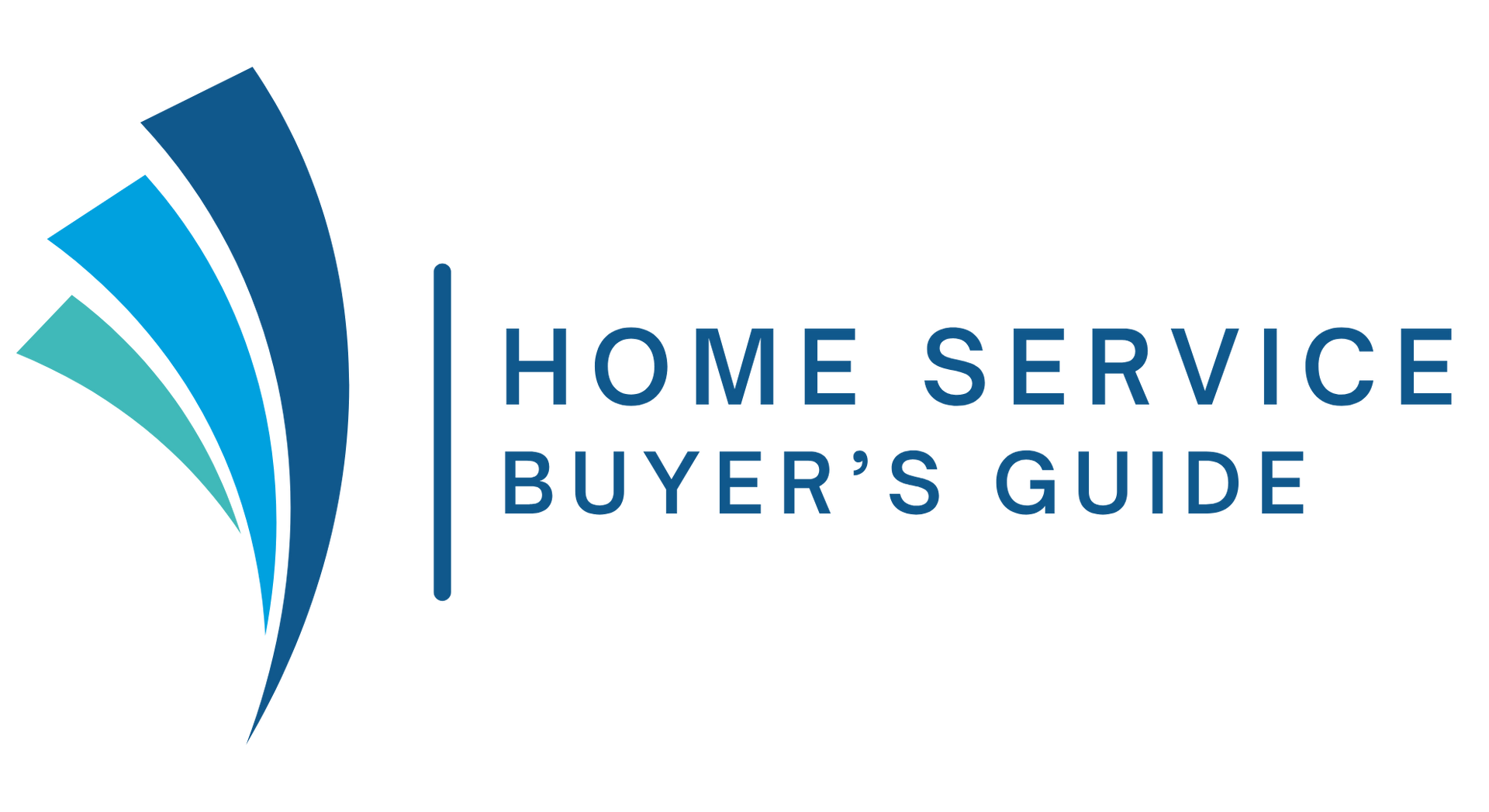Ohio
Your Guide to Hiring a Home Improvement Contractor in Ohio
Navigating home service projects requires careful consideration of local regulations, especially concerning contractor licensing and state sales tax. In Ohio, these rules have some unique characteristics, particularly for residential work.
Ohio Contractor Licensing Requirements
Ohio's approach to contractor licensing is a mix of state and local jurisdiction, depending on the type of work being performed.
State-Level Licensing: Specialty Trades
The Ohio Construction Industry Licensing Board (OCILB) issues state-level licenses for certain specialty trades. This is crucial for major residential system installations and repairs.
The trades requiring a state license are:
- Electrical
- Heating, Ventilating, and Air Conditioning (HVAC)
- Plumbing
- Hydronics (boilers, radiant heating, etc.)
- Refrigeration
A contractor holding an OCILB license has demonstrated a required level of experience, passed an examination, and carries mandated liability insurance.
Local-Level Licensing: General and Home Improvement Contractors
Ohio does not have a statewide license requirement for General Contractors or most Home Improvement Contractors (for trades like roofing, carpentry, masonry, etc.).
Instead, licensing or registration for these types of contractors is handled at the local level by individual cities or counties (e.g., Columbus, Cleveland, Cincinnati). If you are hiring a general contractor, or a contractor for a specialty not listed above, you must check the licensing requirements of your specific municipality.
How Sales Tax Applies to Home Service Projects in Ohio
Understanding Ohio's sales tax on home services depends primarily on whether the work constitutes a capital improvement to real property or the repair/installation of tangible personal property or a business fixture.
1. Work on Real Property (Capital Improvement)
- Definition: Most permanent home remodeling, construction, and repairs that become a permanent part of the home (e.g., roofing, installing new cabinets, adding a deck).
- Sales Tax Application: The contractor is generally considered the consumer of the materials. This means the contractor must pay sales tax on the materials when they purchase them from a supplier.
- Homeowner Impact: The contractor does not charge sales tax to the homeowner on the total contract price (materials and labor combined).
2. Repair or Installation of Taxable Tangible Personal Property
- Definition: Services involving the repair or installation of items that are not considered permanent real property improvements, or services specifically enumerated as taxable by the state (e.g., some types of landscaping, cleaning, or personal property repair).
- Sales Tax Application: The charge for the repair or installation, including both labor and the parts/materials used, may be subject to sales tax, which the contractor must collect from the customer.
Key takeaway: For most major residential projects (like renovations or additions), the contractor pays the sales tax on the materials, and you, the homeowner, are not charged sales tax on the final contract. Always consult your contractor and review your contract to clarify sales tax application.
Verifying a Contractor's License in Ohio
Verifying a license is a critical step in hiring a reputable contractor. The process differs based on whether the contractor is a state-licensed specialty trade or a locally-registered general contractor.
For State-Licensed Specialty Contractors (OCILB)
To verify a state-issued license for trades like Electrical, HVAC, Plumbing, Hydronics, or Refrigeration, use the official search tool provided by the Ohio Department of Commerce:
- Ohio Construction Industry Licensing Board (OCILB) License Lookup
- Link: https://elicense.ohio.gov/oh_verifylicense
- Tip: Select "Industrial Compliance" as the board/agency, then search by name or license number.
For General Contractors and Other Locally-Licensed Trades
Since general contractor licensing is local, you must contact the relevant municipal authority:
- Your City or County's Building Department: Call or visit the website for the building department, planning office, or code enforcement in your specific city, township, or county. They will have information on local registration and licensing requirements and a way to verify a contractor's status in that jurisdiction.
Disclaimer
This information is for reference and educational purposes only and is intended to provide a basic overview of Ohio's contractor licensing and sales tax laws. State and local laws change frequently, and the application of these rules to any specific project can be complex. Do not rely on this information as legal or tax advice. Always consult with a licensed professional (such as a tax advisor or legal counsel) and confirm all local licensing and registration requirements directly with the appropriate municipal or state agencies before hiring a contractor or beginning a project.
